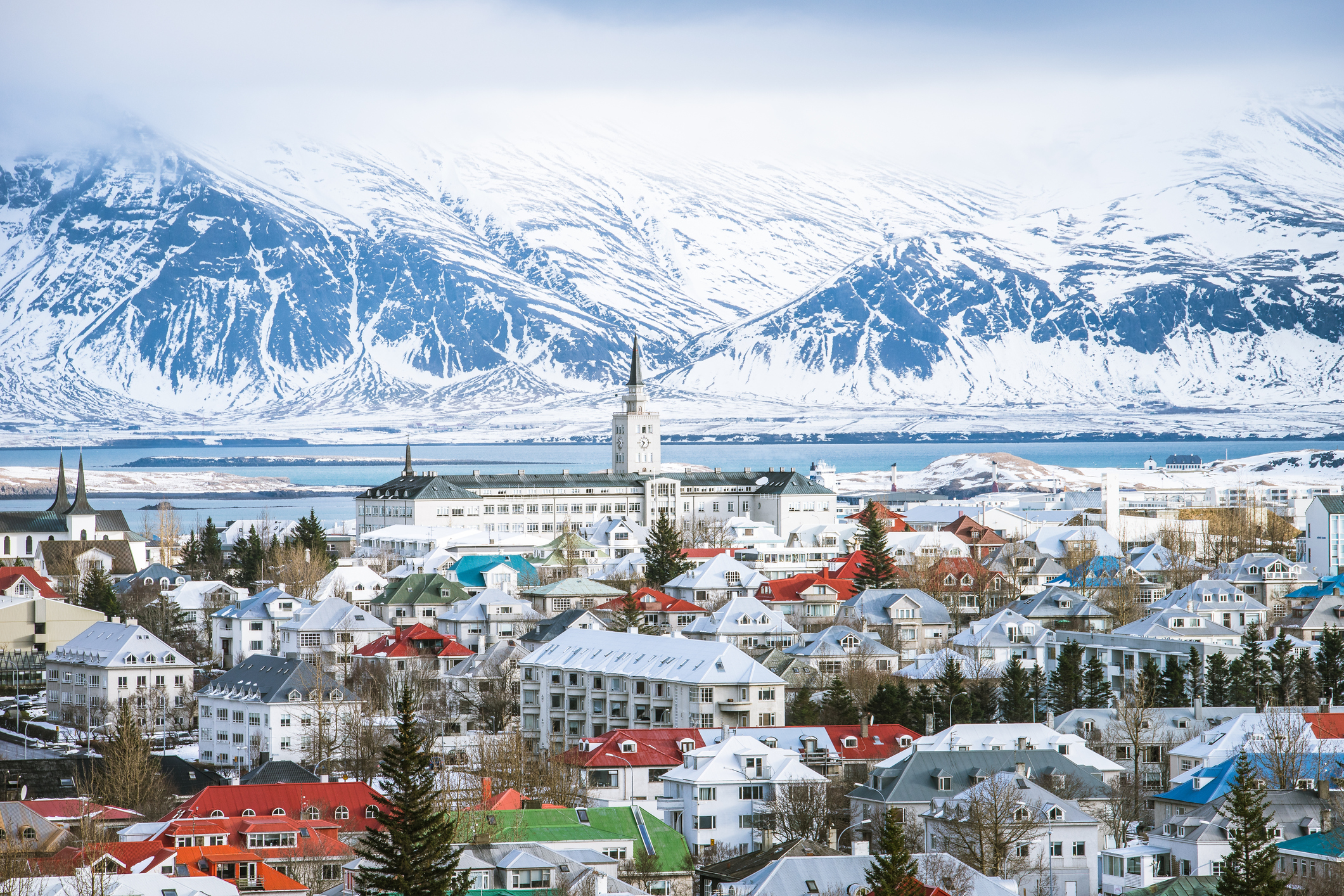Everyone loves an underdog. When Iceland qualified for its first World Cup this year, the Nordic nation was well prepared to make the most of its time in the spotlight. In doing so, Iceland has shown us how to take full advantage of the big opportunities when they come along. With a savvy and well-placed digital campaign, Iceland’s on-the-ball government communications pros showed us how to leverage the hype of the 2018 tournament to forge new international relationships.
Ahead of the opening in Russia, public-private initiative, Promote Iceland, ran an open call on Facebook and Twitter for international fans to join #TeamIceland . In a series of posts, the campaign reached out to people from countries that didn’t qualify – the US, Canada, Italy and Scotland to name a few – to support Iceland: “Hey, @scotland – have you picked a team to support for the World Cup, yet? #teamiceland #fyririsland.” But this campaign went much further than just convincing others to back the Icelandic team. It was a campaign built on inclusivity, with one video explaining “Everyone is welcome. No matter what you’re a fan of, what you believe in, or where you live, there’s a place for you on our team”. In a world where politics in many places has become increasingly divisive, this is a powerful message.
Varied and engaging content
A variety of video content was posted on Promote Iceland’s Facebook and Twitter channels, including a light-hearted message from the President and First Lady dressed in Iceland’s team jersey as they kicked a football back and forth. Social media content highlighted national quirks, like the national ice bathing championships. One particularly memorable Facebook post followed Icelandic comedian Steindi Jr around Buenos Aires ahead of Iceland’s first game against Argentina. The #TeamIceland campaign promoted engaging and distinctive details about Iceland to spark interest from international visitors. It also featured an interactive tool to ‘find your Icelandic surname’. Users were given a shareable visual of their name on the back of an Iceland jersey and were given the chance to win a trip to Iceland. Social media content also directed people to visit the ‘Inspired by Iceland’. In addition to information on the #TeamIceland campaign, the site provides resources on travel and tourism in Iceland, including features on the Icelandic language, geography, and culture.
Humour and shareability for high impact
The #TeamIceland campaign attracted high levels of online engagement. One week after the World Cup opening ceremony, more than 51,000 people from 194 countries had signed up to the team online. Perhaps even more powerful was a further 32,000 people signing the online Icelandic pledge for responsible tourism. This important initiative encourages tourists – not only in Iceland but around the world – to be responsible visitors. It was launched almost a year before the World Cup, but its reach and impact skyrocketed when it was tied to the Team Iceland campaign. The pledge reminds us of simple actions like leaving places as we find them, being prepared for all eventualities, and only travelling sustainably. Here, we saw how a light-hearted campaign could also focus its audience’s attention onto an important social cause and even get them to commit to that cause.
This was an exceptionally smart online campaign that managed to capture the global excitement of the World Cup, build a community of international football fans, and channel that energy into something positive on a global scale. The campaign playfully targeted people from countries which failed to qualify, and the varied, quirky posts portrayed Iceland as an exciting, inclusive, and open-minded place to visit and live.
Lessons
– Leverage the reach and appeal of major global events to launch social media campaigns.
– Highlight country-specific quirks and points of difference to make content stand out.
– Post a variety of content to appeal to and engage with a wide audience.
– Interactive online tools are useful to drive engagement. The opportunity to sign up to a ‘team’ appealed to people’s sense of belonging.
